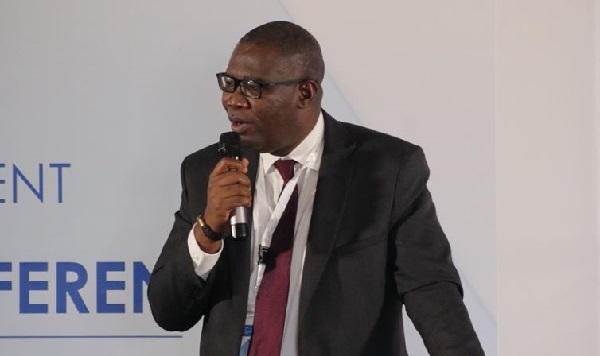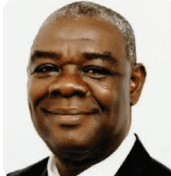Local participation in the upstream oil and gas sector will receive a major boost as the regulator, Petroleum Commission, moves to bridge the information gap in the award of procurement contracts through the first ever Local Content Procurement Conference.
The aim of the conference is to provide a common platform for both local and International Oil Companies (IOCs) to dialogue on demands, requirements, processes and procedures in applying for and executing procurement contracts in the upstream petroleum sector.
Ghanaian companies in this sense, will be better positioned to adequately prepare to bid for and win contracts in the upstream petroleum sector, with the benefit of information on contract and procurement needs of IOCs for 2018.
Speaking at the conference held on Monday, Acting Chief Executive of the Petroleum Commission, Egbert Faibille Jnr, said: “The Conference being held today is in fulfilment of the commitment of the Board and Management of the Commission to ensure transparency in the upstream oil and gas tender process and promote participation of indigenous Ghanaian companies in the provision of goods and services in the sector.”
He added that organising the conference was also in response to several complaints the commission had received from local companies about difficulties in doing business with IOCs in the upstream sector. Some of these complaints, he said, included lack of opportunities and accusations of lack of transparency in the award of contracts by the IOCs and Service Companies.
“We have critically examined all of these complaints and have arrived at a conclusion that the best way forward is to hold an annual Procurement Conference through which platform all the procurement needs of IOCs and Service Companies for an ensuing year will be published, with presentations to enable interested companies know what is available to be pitched for and the scope of such procurement contracts,” he said.
One of the major issues in the upstream sector has been the often low level of local participation in technical areas and information asymmetry which limits the ability of Ghanaian companies to properly win bid for contracts.
As a result, the new board of the Petroleum Commission has revised its strategy and existing processes towards achieving the objectives of the local content law, L.I 2204, and is also working towards government’s efforts of an accelerated oil and gas capacity development.
Some of the steps taken in this direction include establishment/publishing of the petroleum register, establishment of the Local Content Fund – dedicated to supporting local companies who require concessionary finance to undertake oil and gas activities, and unbundling of services to enhance participation of Ghanaian companies in contracts.
The Commission has also ensured the reservation or provision of certain goods and services in the upstream sector to indigenous Ghanaian companies only.
Representatives from major petroleum companies operating in Ghana’s upstream sector were on hand to make presentations and respond to all concerns of the local companies. Present were representatives from ENI Ghana, Springfield, and Tullow Oil, among others.
The conference is expected to be held annually with more participants expected in the coming year.
Kennedy Aryeetey Tetteh | thebftonline.com | Ghana










